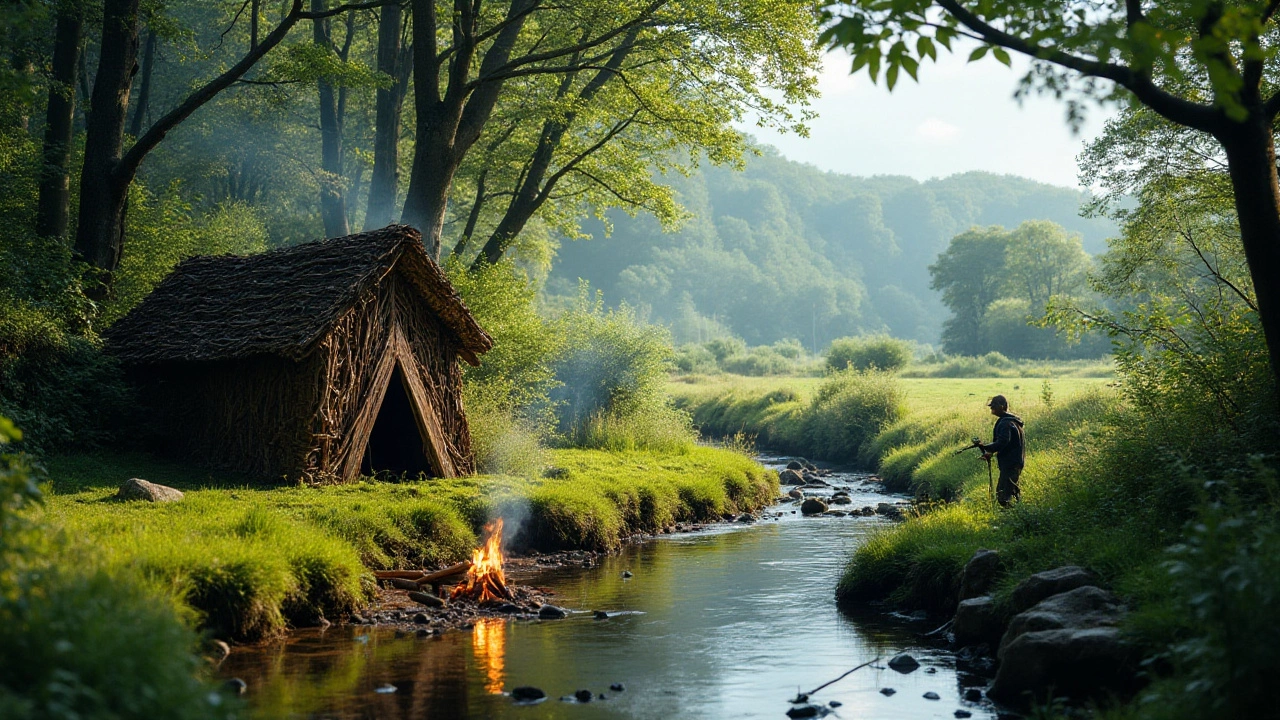Bushcraft UK: Master the Wild Outdoors
If you love the idea of living off the land, making a fire with just sticks, or finding your way through a misty forest, you’ve landed in the right spot. Bushcraft in the UK isn’t about being a hardcore survivalist; it’s about enjoying nature safely and confidently. Below you’ll find the gear you need, the skills you should practice, and the rules that keep you on the right side of the law.
Gear Essentials for British Bushcraft
Start with a good knife – a 3‑4 inch fixed‑blade with a strong steel edge is a must. It handles everything from cutting firewood to preparing food. Pair it with a reliable lighter or waterproof matches; the UK’s rain can turn a spark into a soggy disappointment fast.
Next, think about shelter. A lightweight tarp, a bivvy sack, or a simple pine‑needle shelter will keep you dry. Remember, most UK forests have thick undergrowth, so a compact shelter that you can set up between trees works best. If you’re planning longer trips, a sturdy four‑season tent designed for wind and rain is worth the extra weight.
Don’t forget navigation tools. A detailed OS Explorer map and a compass are essential, even if you have a phone GPS. Mobile signal fades under dense canopy, and batteries die fast in cold weather. Learn how to read contour lines – they’ll tell you where water will collect and where the safest routes are.
Practical Skills and Safety
Fire‑making is the heart of bushcraft. Practice the “hand‑turbine” method and the “bow drill” before you head out. Dry tinder is key – collect dry grass, birch bark, or shredded newspaper in a waterproof container. Once you have a flame, maintain it with a small amount of kindling; a steady fire lasts longer and uses less wood.
Water safety is another priority. The UK has plenty of streams, but not all are drink‑safe. Carry a portable filter or learn how to boil water for at least three minutes. When you’re in the woods, always scout a water source first – it saves time and effort later.
Legal know‑how matters too. Wild camping is allowed in many Scottish areas, but in England and Wales you need to stick to the “right to roam” guidelines and avoid private land without permission. Our post “Can You Camp in the Woods in the UK? Laws, Tips & Wild Camping Secrets” breaks it down step‑by‑step, so you stay out of trouble.
Leave No Trace is the golden rule. Pack out everything you bring in, dig catholes for waste at least 30 cm deep, and fire‑proof any leftover ash. Respect wildlife; store food in airtight containers to keep curious badgers away.
Finally, practice makes perfect. Start with day‑trips in a local forest, test your gear, and refine your skills before tackling multi‑day expeditions. Join a local bushcraft group or attend a workshop – learning from seasoned locals speeds up progress and adds a social element to your adventures.
With the right tools, solid basics, and a respect for the land, bushcraft in the UK becomes a rewarding way to explore the countryside. Grab your knife, map, and a sense of adventure – the forest is waiting.
